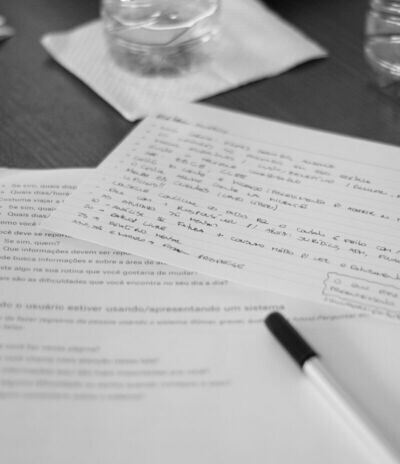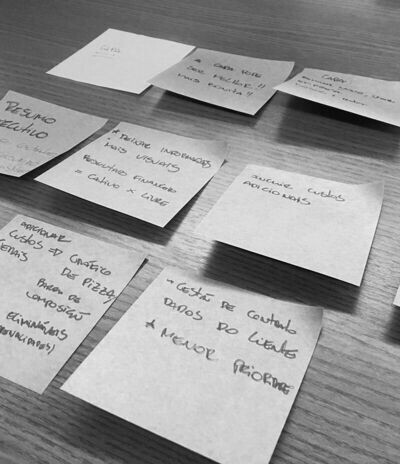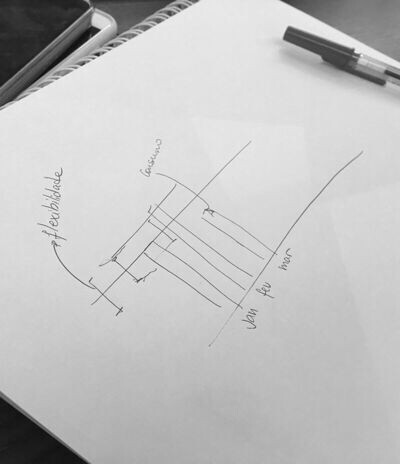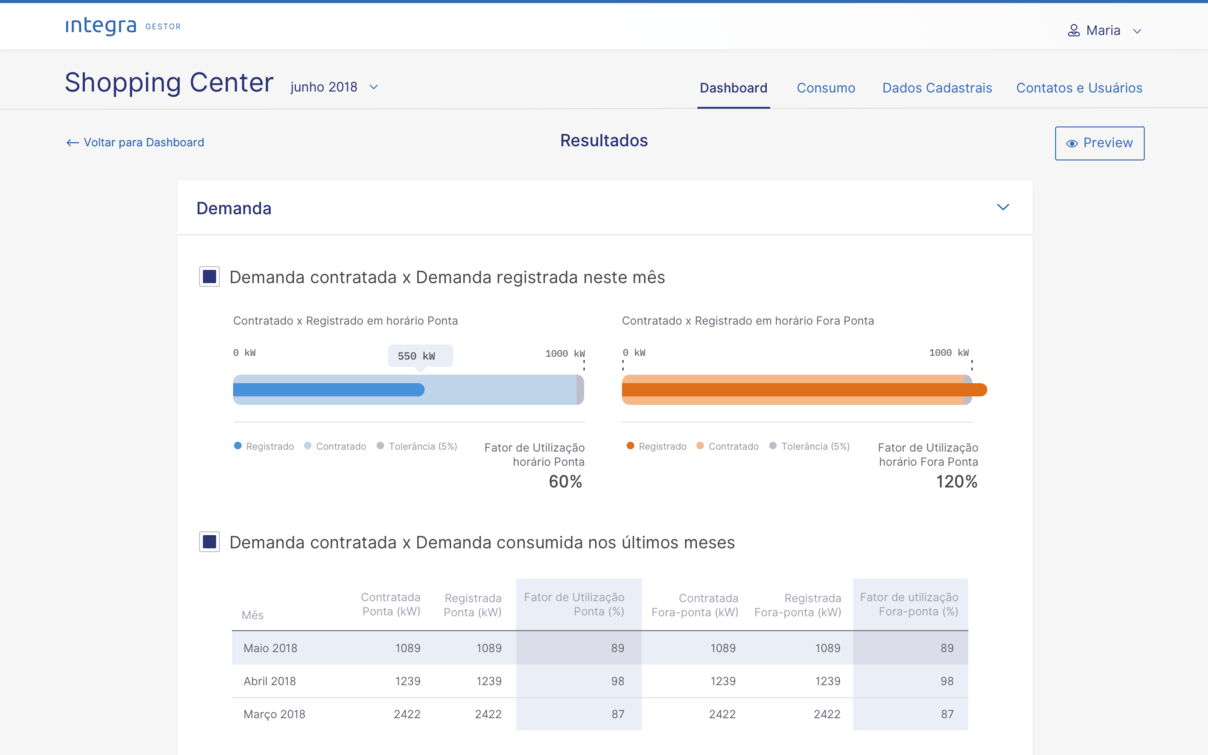
Ditching costs and inefficiency
In Brazil, the Open Energy Market, despite of what the name may suggest, is regulated on several governmental and private levels. The migration from the regular market to the Open Market is complex and takes about 6 months to be completed. On a monthly basis, companies must comply with pre-established rules and regulations to keep buying energy from the Open Energy Market. In a nutshell: it's an environment with complex rules for possibly inexperienced consumers. Companies that provide energy for this market may also represent consumers in it, besides the managing service. This is what Elétron Energy does.
It’s already possible to find a few software solutions that help energy trading companies in their managing activities. However, none of these solutions fully worked for the many specific needs of Elétron's team methodology and all the particular reports they offer to customers. With multiple internal systems and tons of spreadsheets and emails, they ended up capping their managers' abilities to, well, manage more and more clients. The number of manual operations needed to make the workflow happen was just overwhelming, making it hard to train new managers, as well as leaving the whole process open to more human errors. So they called us to help them.

Project goals
Elétron Energy expected that a tailor-made software could bring financial benefits not only to their clients, but also to the company, such as:
-

Reducing third-party software costs
With a software of their own, Elétron unsubscribed from, at least, two systems, reducing its monthly costs.
-

Spreadsheet reduction and automation
By avoiding the manual transference of data between spreadsheets and making the data flow automatically, the new system should save the managers' time so that they may focus on their best work: analysis.
-

More clients per manager
With the automation of several activities and the easy access to relevant information, it should be possible to double the number of clients each manager takes care of.
-

Real-time access to information
Instead of receiving information only at specific moments throughout the month, the client should have access to that information anytime, anywhere.
-

Better consumer engagement
Elétron wanted to present relevant information in a clearer way, so that their clients, who most of the time are not industry experts, would have an easier time understanding it.
Energizing our design and development process
In order to understand how Elétron Energy works and how its whole management operation takes place, we spent 3 weeks in complete immersion. We worked internally with the company managers and interviewed many of their clients and potential users, grasping not only what the Open Energy Market is, but also its rules, regulations, and required actions. Absorbing months' worth of content in just 3 weeks was only possible through the integration of our team with Elétron's.
Immersion research
In the kick-off meeting, we aligned the expectations of Eletron’s team for the system. A series of group dynamics was the ignition in which all stakeholders shared their visions of the product. On top of that, we also defined each of our roles during the project. We elected user interviews as our main research technique and worked together with the managers in order to chart different consumer profiles and reach them all over the country.
Furthermore, the immersion step allowed for the structuring of a project briefing, scope narrowing, priorities, and the necessary knowledge to serve as a foundation to the system. With this info, we crafted a product vision that was fundamental to the branding process.
Branding
We had two iterations to focus on the product’s visual identity development and its initial applications. First, the product concept and naming were defined, followed by the development of the system's visual elements guidelines, such as logotype, color pallet, iconography, and typography.
With Integra they can dedicate to what they do best: creative and analytical work.
Integra is as simple and objective as its name suggests. It represents the core of all processes that allow for good energy management into the Open Energy Market. Beyond centering data, it creates bridges between systems and people. Together, managers and consumers are responsible for savings and optimization of energy consumption. With Integra they can dedicate themselves to what they do best: creative and analytical work.

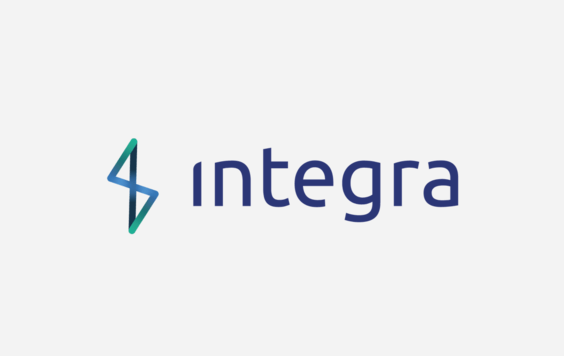
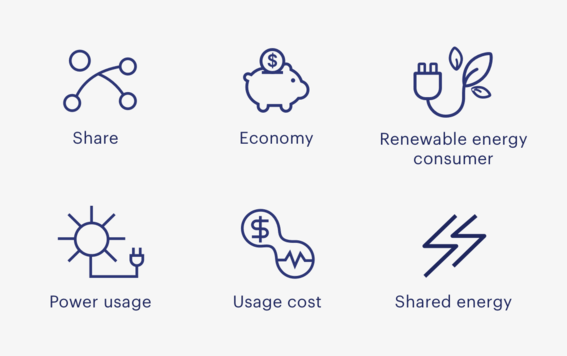

Prototyping and Development
With a better understanding of the project’s scope, Eletron’s team, with our assistance, prioritized a set of basic and fundamental features for Integra.
To meet important business and user needs the whole system depended on a successful integration with Electric Energy Trading Chamber’s (CCEE) API in order to automatically update data while maintaining a good overall performance.
In each new iteration, discoveries regarding the market and the business were constant. From low to high fidelity prototypes, we were able to consolidate the steps of each activity in the system, prioritize contents, and evolve the interfaces to bring brand value, data visualization, and information hierarchy to the final product.
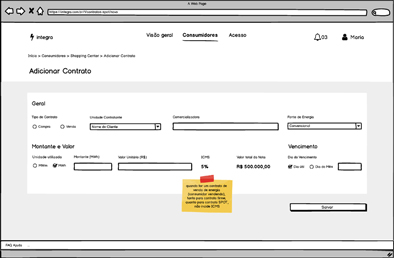
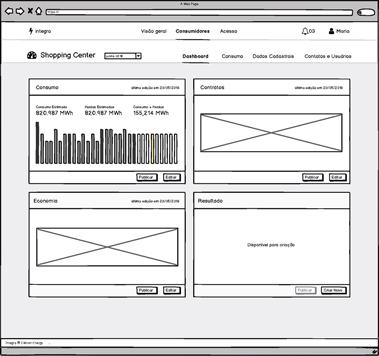
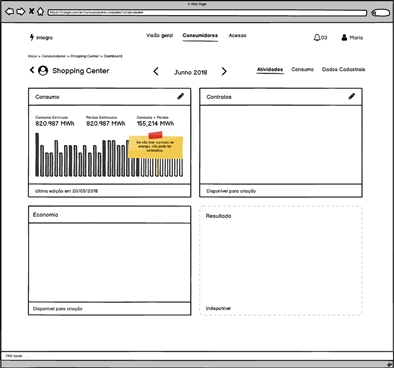
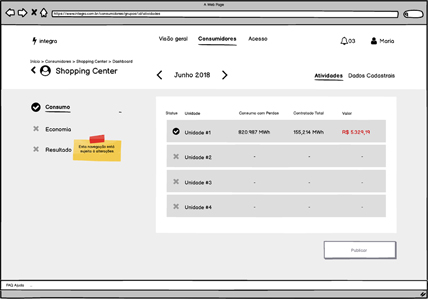
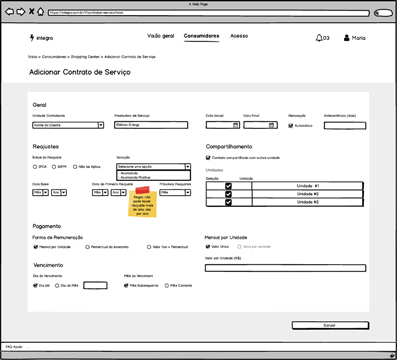

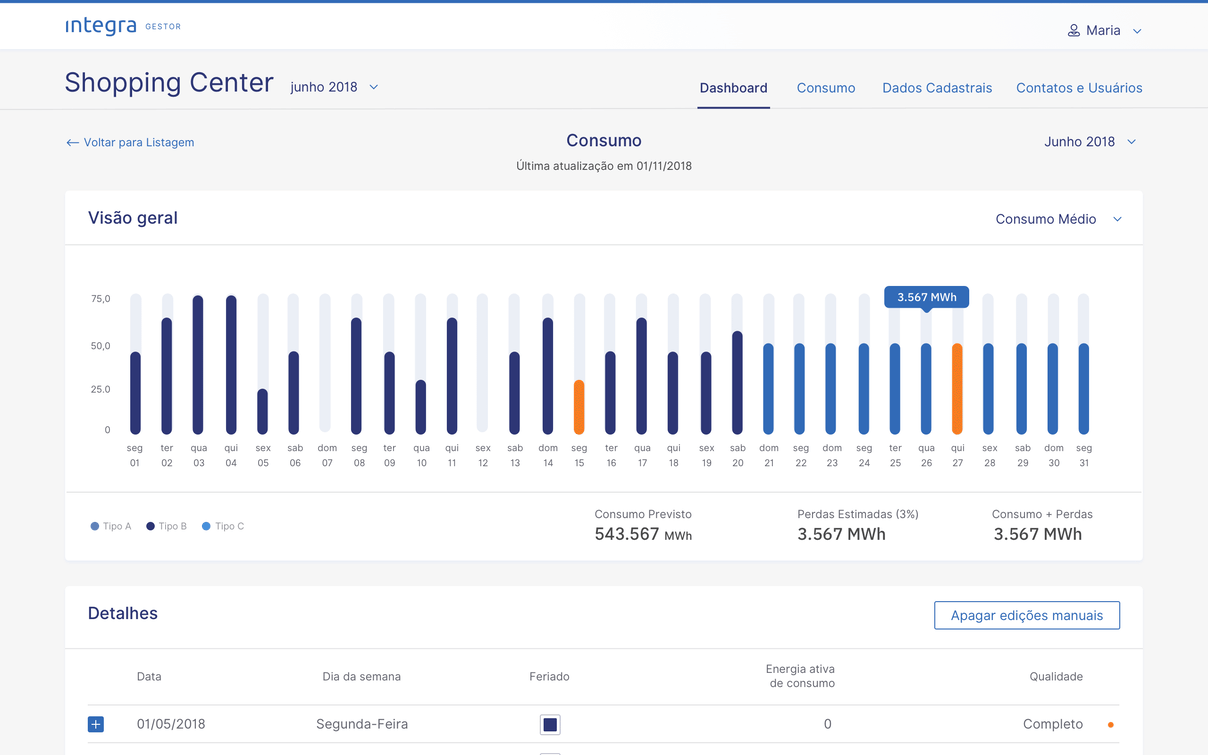
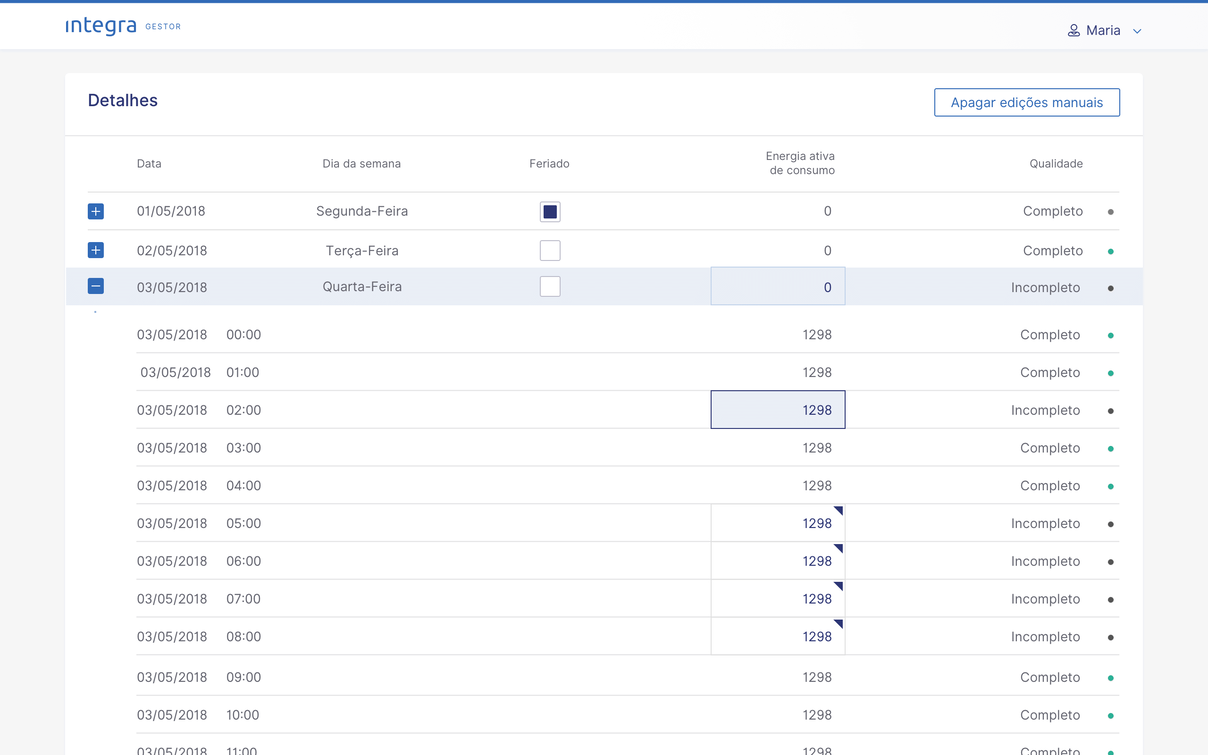
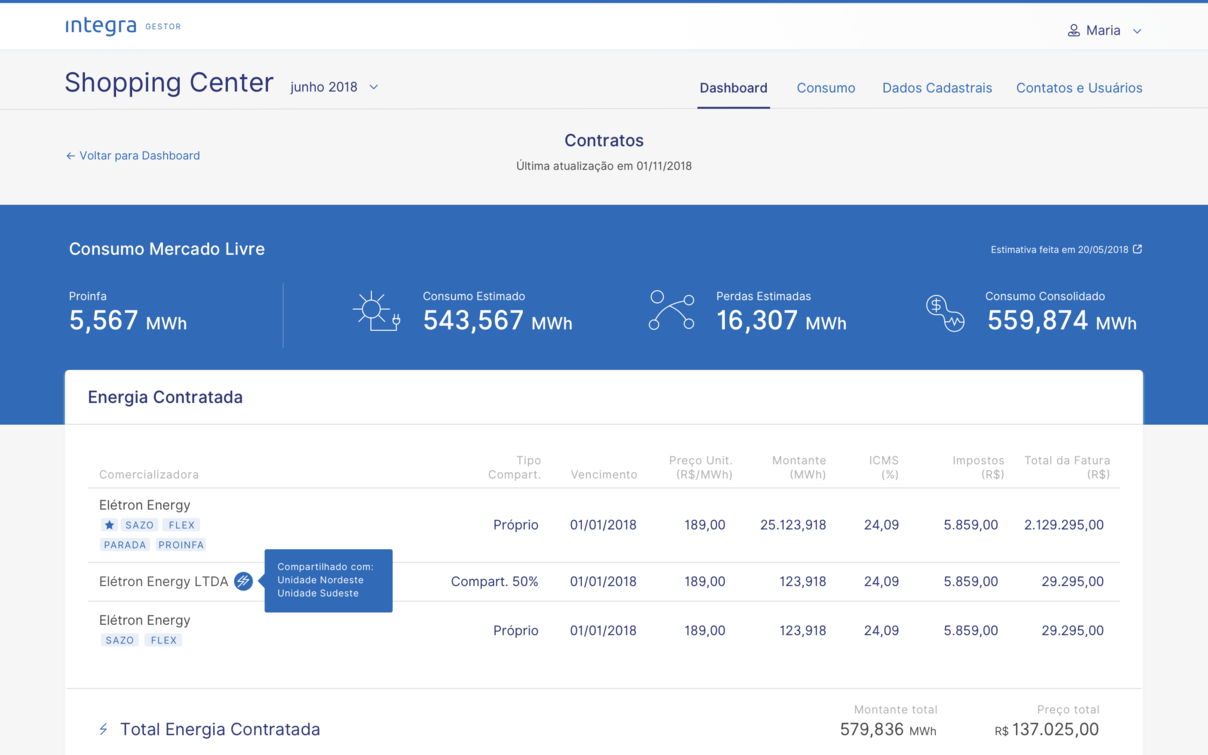
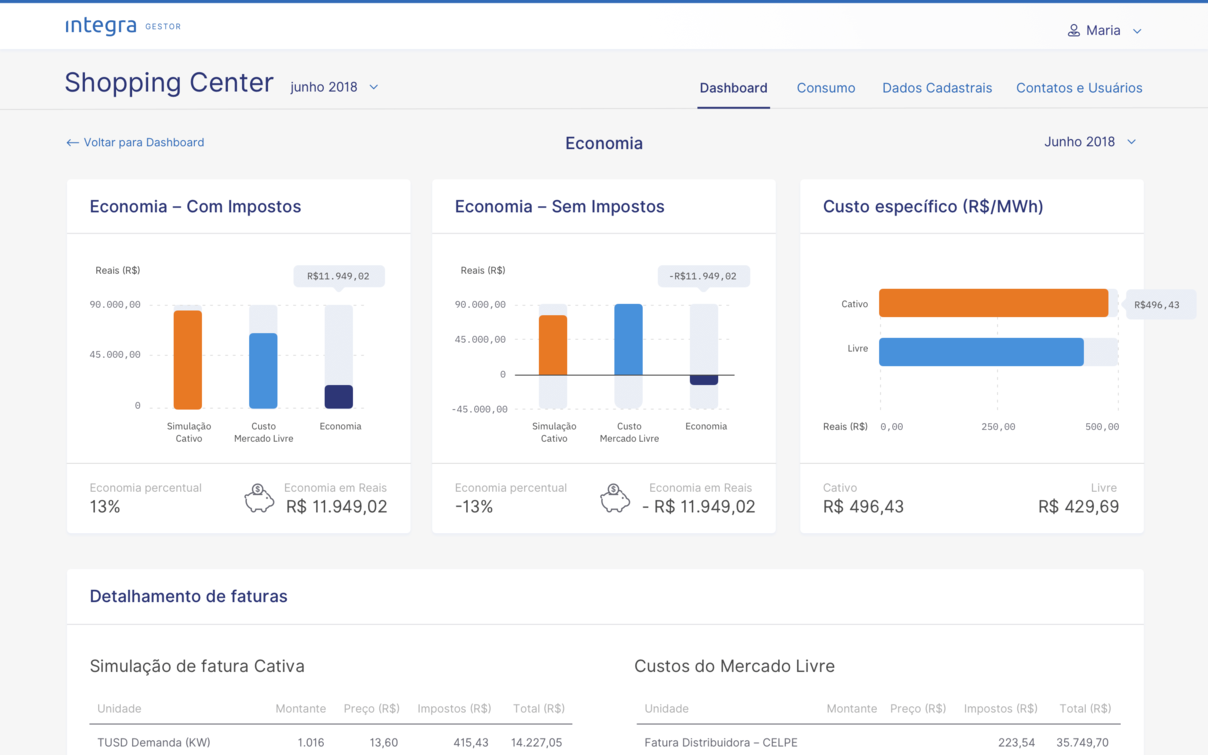
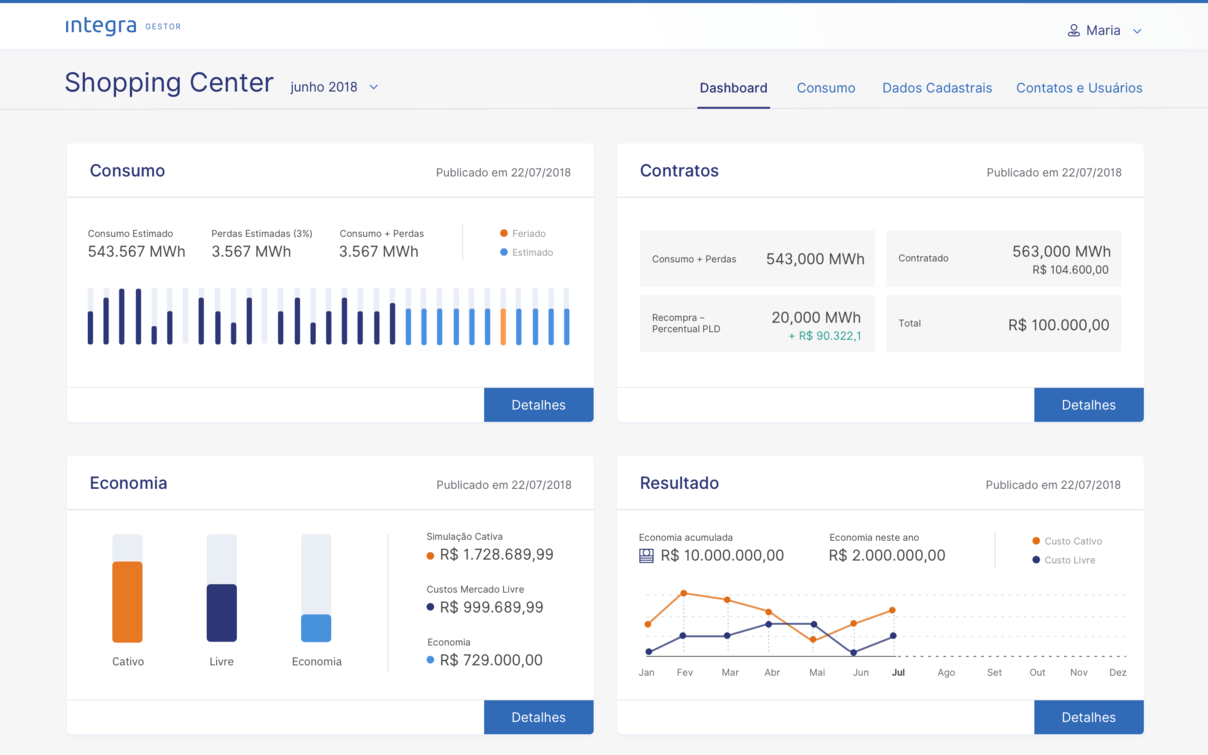
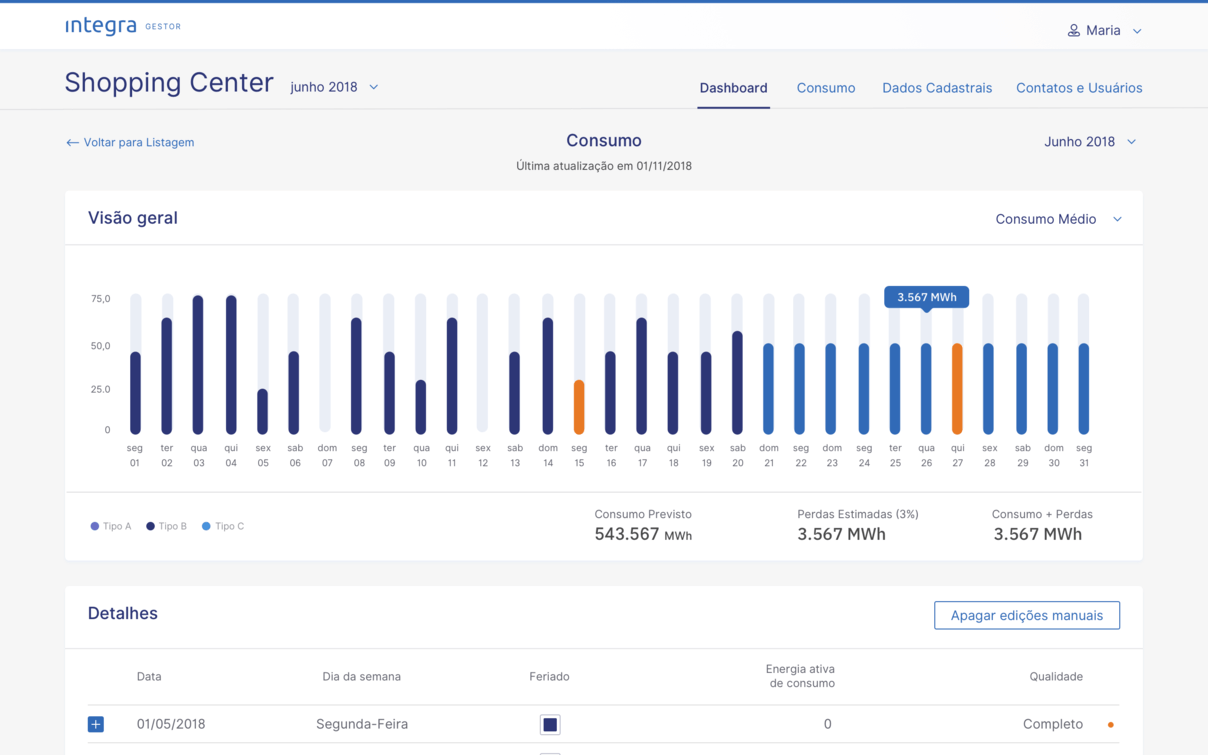
Brilliant outcomes
With Integra, Elétron Energy managers can manage their clients, estimate their consumption, create payment schedules, compare their effective costs with projected costs, and generate reports. Elétron Energy clients, on the other hand, can easily access the results of those activities as well as real-time consumption information.
At the end of the day, we not only created a system that translates their routine into automated processes, capable of handling a huge amount of data, synchronized to real-time energy consumption data, but also helped them to consolidate their own methodology as a streamlined workflow. With a more efficient digital flow, they were able to increase their managers' productivity while providing a better service to their clients.

